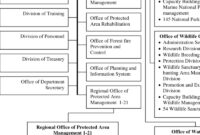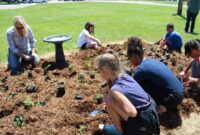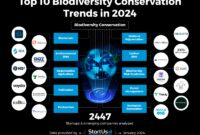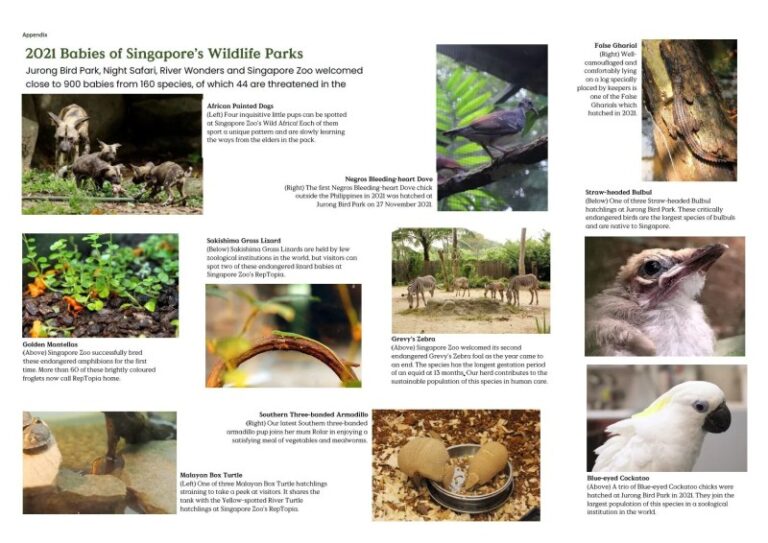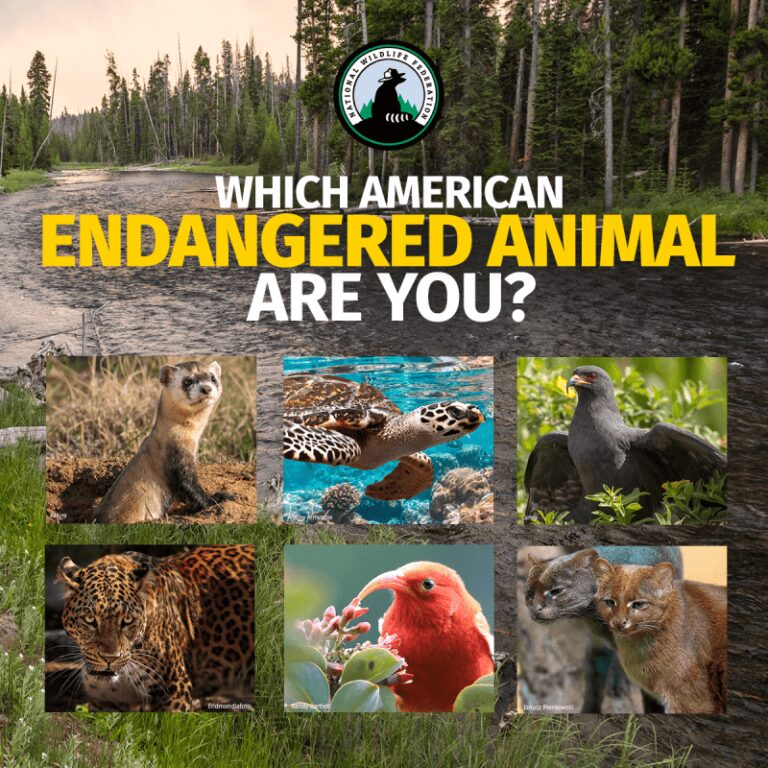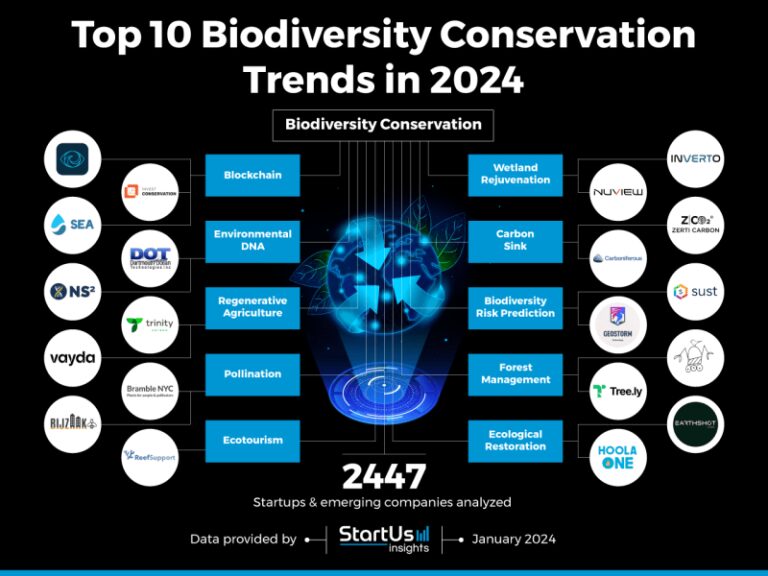Conservation Education Programs – The Water Conservation Partnership offers free classroom presentations on water conservation taught by Nature Vision in our area schools. All programs:
These programs are offered on a first-come, first-served basis. Please note that the schedule can fill up very quickly.
Conservation Education Programs

* Water Cycle Terrariums [K-3] Students will explore the water cycle, learn how water moves through watersheds, where our drinking water comes from, and actions we can all take to conserve water. Personal program activities include boogie dancing the water cycle and building a terrarium (complete with dinosaur!) that models the water cycle.
Conservation Education: School Outreach Program
* The Water Cycle [4-5] Students will review the water cycle, learn how water moves through watersheds, where our drinking water comes from, and the actions we can all take to conserve water. Personal programming activities include a game where students become water droplets and travel to all the places water goes in the water cycle – rivers, clouds, oceans, and more!
Students will learn all about soil and discover how building healthy soil with compost can help conserve water. Program activities include hands-on studies of soil-dwelling organic materials and decomposers — including the charismatic red worm predator!’
Students will learn all about soil, its role in maintaining ecosystems and food webs, and discover how building healthy soil with compost can help conserve water. Program activities include demonstrations of water retention in various soil types and hands-on study of soil-dwelling organic materials and decomposers.
*Salmon Cycle [K-3] Students learn about the unique life cycle of the Pacific salmon, observe salmon eggs at different stages of development, and learn how saving water can benefit salmon. Program activities include demonstrating the salmon life cycle with puppets and working in teams to build a salmon roe (nest)!
Conservation Education Programs
*Salmon Cycle [4-5] Students learn about the unique life cycle of the Pacific salmon, explore the important role of salmon as a keystone species in the ecosystems of the Pacific Northwest, and learn how water conservation can benefit salmon. Program activities include working in teams to map the connections between salmon, people and the ecosystems we share.
* Will there be enough water? [4-5] Students will learn about the local watersheds that supply our drinking water – including land processes and human choices that affect our water supply. Program activities include answering the question: will there be enough water? working in teams to model our water supply throughout the year under different conditions.
Students will learn that water is an important resource shared by individuals, communities and ecosystems. Program activities include a mock town hall meeting where students will play the roles of various stakeholder groups trying to decide how to manage their community’s water resources.

Students examine the unique life cycle of the Pacific salmon, explore the salmon’s important role as a keystone species in the ecosystems of the Pacific Northwest, and learn how water conservation can benefit salmon. Program activities include using knowledge gained during the program to interpret excerpts from the Puget Sound Salmon Recovery Plan and working in teams to map the connections between salmon, people and ecosystems.
Pdf) Hearing Conservation Education Programs For Children: A Review
Students will learn about soil formation, how soil type affects plants, and discover how building healthy soil with compost can help conserve water. Program activities include working in teams that use scientific research to test water retention in different soil types.
* Will there be enough water? [6-8] Students will learn about the local watersheds that supply our drinking water, including the Earth processes and human choices that affect our water supply. Engaged activities include working in teams to model our water supply throughout the year to answer the question: will there be enough water? Students will also compare their conclusions with real-world data.
*Water Conservation Town Hall [6-8] Students will learn that water is an important resource shared by individuals, communities and ecosystems. Program activities include a mock town hall meeting where students will play the roles of different stakeholder groups trying to decide how to manage their community’s water resources.
The Water Conservation Partnership is an organization comprised of 19 water companies in King and Snohomish counties. We offer tips, tools and discounts to help people protect our region’s water for future generations. When we work together to use water wisely, it makes a big difference. In a society where humans compete directly with wildlife for the resources they need to survive, very few children are taught respect for the natural world or the value of protecting it. Over time, this creates a culture that does not support conservation and leads to further human-wildlife conflict. At Wildlife Connection, we have developed our own environmental curriculum, adapting it to the abilities and experiences of primary school children in rural Tanzania. We focus on teaching sustainability and human-wildlife conflict mitigation, as well as basic ecology. This early exposure to conservation education combined with repeated positive experiences with wildlife will influence the value systems of generations of people, ultimately helping to build a culture of support for conservation.
Pdf) Water Conservation, Incentive, And Public Education Programs Chapter 9 Assistance In Developing The Statewide Water Management Plan 9 1 Volume Ii
In 2022 and 2023, we trained a total of 52 teachers in our school district to independently implement the curriculum. Together, these teachers taught about 3,743 students during the last school year.
We continue to support teachers and monitor the delivery of the curriculum in each school throughout the year, ensuring that every child attending a primary school in the area enjoys the same high quality experience.
In the remote villages where we work, most people have very limited access to information or learning opportunities beyond basic primary education. This lack of information is incredibly disheartening for people, as it leaves them dependent on a limited set of their own experiences to form opinions and make decisions. This disenfranchisement affects every aspect of people’s lives, including their relationship with elephants and the environment. Most people, for example, have no idea that elephants in Tanzania are being hunted to extinction. Their perception of the state of the local elephant population is directly related to the frequency with which they hear about elephant incidents in nearby villages. As long as there are enough elephants to keep raiding crops, people have no reason to think that elephants won’t continue to exist as they always have. Even after people learn that elephants may disappear from Tanzania within the next 7 years, they have no idea of the unique ecological and economic role that elephants play in their environment. As a result of this general lack of access to information, most people have no reason to protect elephants from poaching.

We have developed two libraries in both Pawaga and Idodi divisions which we supply with newspapers as well as a growing collection of books on local wildlife ecology and the environment. We are also stocking the library with story books in English and Swahili, giving adults and children of all ages new opportunities to build their literacy skills. We have installed solar power and laptops in both libraries so that visitors can access the Internet for news and information.
Conservation Education Programs & Resources
To directly reach adults in each community, we screen conservation films that highlight elephant ecology and describe the elephant crisis. Until we started our awareness campaign, most people living in the villages had no idea that elephants were threatened with poaching to extinction. The only knowledge people have about elephant populations, locally or internationally, comes from their personal experience of elephant attacks on crops. As elephants are seen plundering the crops, people naturally assume that they are plentiful.
In 2015 we hired two filmmakers who volunteered their time and expertise for the local production of a film about life with elephants. The film features students attending local primary schools and includes footage of the Ruah elephants. Given the personal connection people feel with both the humans and the elephants depicted in the film, it is extremely popular and well-received in the villages. The Conservation Education Web, led by 2018-2020 National Geographic Explorer Carmen Chavez, is a bold new educational initiative that integrates environmental education in the classroom with extracurricular and community programs.
Drawing on more than 25 years of field experience in Peru, the network integrates experimental environmental education school programs with on-the-ground teacher training with:
The unique contribution of these diverse environments working in symbiosis will provide transformative learning experiences that will enable young people in the region to engage, learn about their environment and conservation. This will lead to positive outcomes in the service of conservation, restoration and sustainable economic development now and in the future.
Education Is Conservation — Anne Innis Dagg (aid) Foundation
The Amazon basin in southeastern Peru, the epicenter of biodiversity, is threatened by illegal logging and other mining practices that harm the environment and human health. The region has also experienced habitat loss due to the conversion of forests to agriculture and livestock grazing.
There is a clear and urgent need for an educated and engaged local population, local environmental leaders and awareness and access to sustainable economic development opportunities to protect rainforests.
Our approach is to develop a learning ecosystem that focuses on environmental education and is based on a collective impact framework.

The collective impact framework states that when dealing with a complex problem, no single initiative, no matter how large, can
Education Program |
Farm bill conservation programs, conservation biology masters programs, wildlife conservation programs, water conservation education programs, wildlife conservation masters programs, conservation programs, wildlife conservation education programs, marine conservation masters programs, conservation masters programs, conservation degree programs, conservation education, wildlife conservation graduate programs
- Dog Socialization Care Guide - August 11, 2024
- Best Dog-friendly Vacations - August 11, 2024
- Wildlife Conservation Organizations - August 10, 2024


